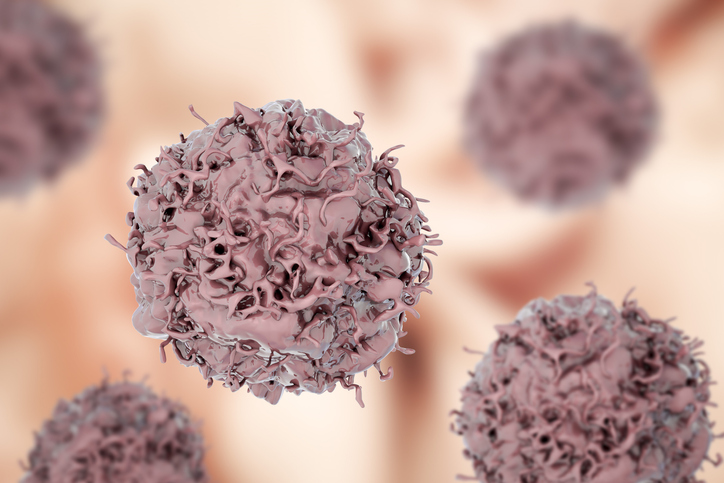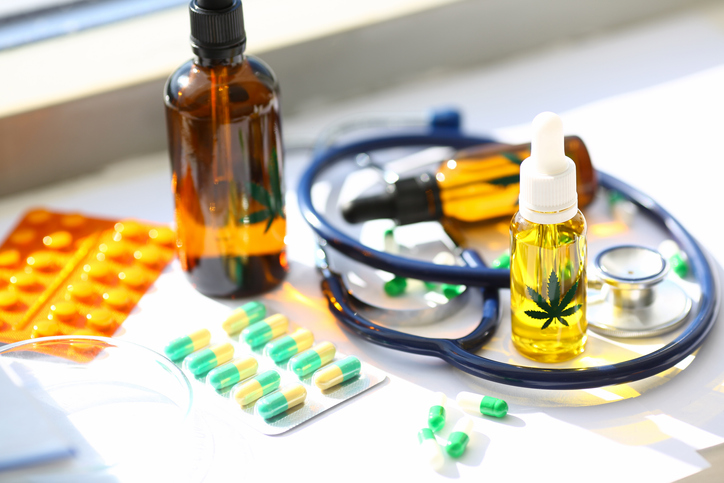Generally speaking, most mothers are told that breastfeeding their new baby is the best option for keeping them healthy, and I think it’s fair to say that is true in most cases.
But according to writer Tara Haelle, a contributor for Forbes, a new study demonstrates that industrial compounds called perfluorinated alkylate substances, or PFASs, could be an issue when it comes to breastfeeding.
Manufacturers have used PFASs for more than a half century in products ranging from waterproof clothing to food packaging to paints and lubricants. These compounds make products waterproof or grease- or stain-resistant. But, like many other compounds designed to improve people’s lives in some way or another, these chemicals stick around for a really long time in the environment and in animals’ bodies, including those of humans. And, like a variety of other classes of manmade compounds, PFASs have been linked to a range of unsettling health effects, such as interference with reproduction in animals, disruption of hormones in human endocrine systems and, yes, interference with human immune systems.

With the Rise of AI, What IP Disputes in Healthcare Are Likely to Emerge?
Munck Wilson Mandala Partner Greg Howison shared his perspective on some of the legal ramifications around AI, IP, connected devices and the data they generate, in response to emailed questions.
“Perhaps most importantly, we have recently found that children respond more poorly to vaccinations if they have elevated levels of PFOS, PFOA and other perfluorinated compounds in their blood,” said the study’s lead author, Phillippe Grandjean, a professor of environmental health at Harvard School of Public Health, according to Haelle. “So there is a risk that the vaccination will not ‘take’ and help protect the children against the diseases.”
Grandjean has expressed that it’s more beneficial for a child’s immunity if they are only breastfed for the first 3 months, which is contrary to what the CDC and World Health Organization recommend.
“I find it paradoxical that we have to worry about industrial chemicals in human milk,” Grandjean said. “It is absurd that we allow toxic chemicals to find their way to the most sacred form of nourishment and put the health of the next generation in danger.”
So what did the study actually demonstrate in terms of real results and not just opinions on the matter?
They found that the build-up of PFASs in children’s blood increased by 20 to 30 percent for each additional month of exclusive breastfeeding. Children supplemented with formula had lower levels, and the levels dropped when exclusively breastfed children were weaned. But here’s the thing: the study is very small and very geographically limited: the researchers tracked just 81 children living in the Faroe Islands and tested their PFAS blood levels when the children were 11 months, 18 months and 5 years old.
So there is evidence to demonstrate that many people have PFASs in their blood. And this could be detrimental to children who are breastfeeding. But, as Haelle pointed out, “It seems more than a little paranoid, then, to suggest that women the world over should cease exclusive breastfeeding at three months on the basis of a single study involving fewer than 100 people and finding increases in compounds that may or may not have serious health effects.”
The decision of whether or not to breastfeed and for how long will just be a personal one for mothers in most cases. And likely more research will be done on the subject.
Photo: Flickr user Raphael Goetter














